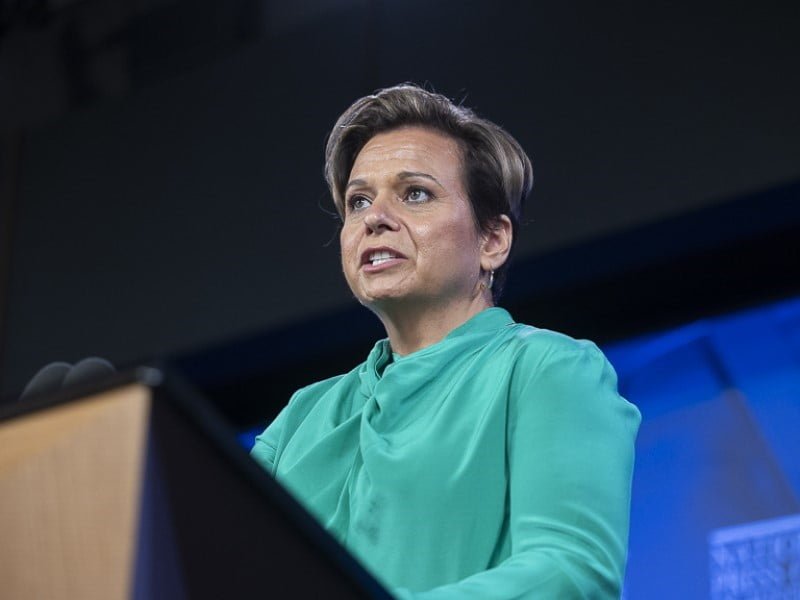An independent review of Australia’s online safety laws containing more than 60 recommendations for change has been handed to Communications minister Michelle Rowland.
Former competition watchdog deputy chair Delia Rickard delivered her final report to Ms Rowland this week, capping off an almost year-long statutory review of the Online Safety Act.
The federal government, which is yet to release the findings of the review publicly, will now consider Ms Rickard’s “extensive” recommendations before responding in the coming months.

Announced in November 2023 and beginning in February, the review has considered whether the Act and the powers available to eSafety Commissioner Julie Inman Grant remain fit-for-purpose in light of compliance struggles with social media giants.
It was brought forward by a year to address the growing number of internet harms, such as deepfakes and pile-on attacks, accelerated by the rise of generative artificial intelligence.
“It was clear our laws needed to keep pace with emerging technologies and their associated harms,” Ms Rowland said, adding that proactive step will help Australia remain a “world leader in online safety”.
The Online Safety Act, which came into effect in January 2022, regulates certain online harms like online abuse, non-consensual sharing of intimate images and illegal and restricted content. It also imposes some transparency and minimum safety requirements on online companies.
Penalties of up to $782,500 for each day of non-compliance can be levied against a company — significantly less than the maximum fines available to other regulators, both in Australia and oversees.
During her review, Ms Rickard received more than 2,200 submissions to a consultation paper that flagged potential changes that would allow the eSafety Commissioner to force companies to stop advertising with social media platforms that refuse to comply with orders.
Similar powers exist in the United Kingdom, where the broadcast and telecommunications regulator Ofcom can, with the agreement of courts, require companies like payment providers and internet service providers to stop working with an offending online service.
Other changes floated in the issues paper include allowing the eSaftey Commissioner to begin investigations without a complaint or take them from “bystanders”, take down content targeting groups as well as individuals, and levy much larger fines.
Ms Rickard also met with more than 100 community and civil society groups, industry, law enforcement bodies and government agencies during the nine-month review.
Ms Rowland thanked Ms Rickard for her work, which she said will be “crucial in ensuring our online safety laws are effective and enable Australians to engage in the benefits of a positive digital environment”.
“I look forward to carefully considering the findings of the Review and will have more to say on these recommendations shortly,” she added.
Do you know more? Contact James Riley via Email.

